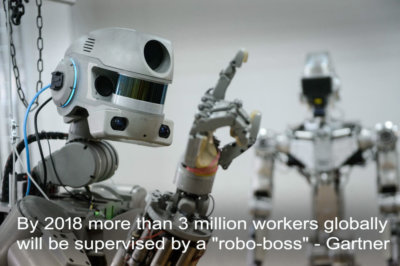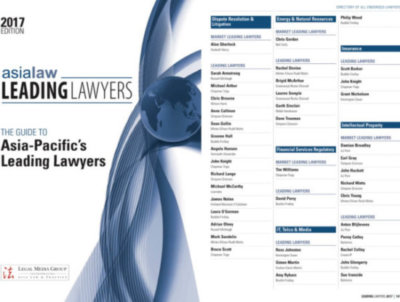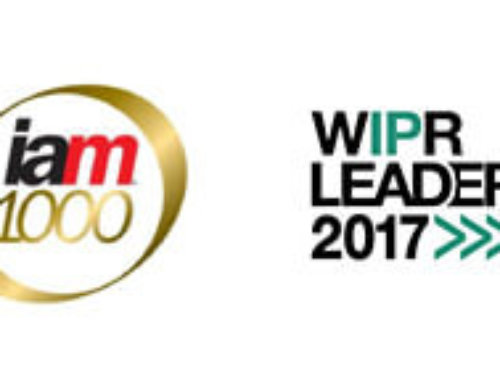On 28 August 2013 New Zealand inched a little closer to replacing the 60-year-old Patents Act 1953, when thePatents Bill 2008 passed its third reading in Parliament. The Bill has made slow progress, having been drafted in late 2004 and first introduced to the House in July 2008. News of its success is being welcomed within the IP field because patenting law in NZ was urgently in need of changes to align it with developments abroad, particularly in our major trading partners. The updated law will make it easier in future for NZ patent holders to successfully apply for patents overseas.
Once it comes into effect, the new law is expected to bring in what IPONZ is calling a “stricter patenting regime.” One of the objectives is to support New Zealand business innovation by preventing overly broad patents from being granted. In addition, future patent applicants will bear a greater burden of proof and must convince examiners that their inventions are ‘genuine innovations that are a “manner of manufacture” and are novel, non-obvious and useful’. A clear ‘inventive step’ must be demonstrated.
Commerce Minister Craig Foss claims that the greater clarity provided in the new law is “giving New Zealand businesses more flexibility to adapt and improve existing inventions, while continuing to protect genuine innovations.” While the new law is certainly an improvement on the old, many of its effects will ultimately depend on how it will be interpreted and applied.
The new law clarifies the patenting environment through several very definite exclusions. Patents will not be granted for plant varieties; for human beings and biological processes that generate them; or for methods of treatment or diagnosis applied to humans.
However, it will be some time before IPONZ and the courts develop a consistent framework for dealing with the complex issues surrounding patents for computer software. Clause 10A of the Bill prohibits the granting of patents for computer programs “as such” but then goes on to outline the considerations surrounding the interpretation of “as such”. When Clause 10A first emerged in Supplementary Order Paper 237, it was widely touted in the media that “software patents are no longer patentable in New Zealand”. However, computer implemented inventions will continue to be patentable in New Zealand and an example is given in the Act where a computer program controlling the operation of a washing machine that gets clothes cleaner and uses less electricity may be patentable as there is a new and improved way of operating a washing machine. Reference to English case law will likely be crucial in guiding the approach here. Controversy about whether software should be patentable at all—and/or in what situations it should be patentable—was one reason this Bill took more than five years to reach this stage.
The new legislation will come into effect once it has received royal assent via the Governor General and once IPONZ officials have made further consultations and prepared the necessary regulations. In the meantime, patent applications that are pending will be treated under the existing law, but only if complete specifications are submitted prior to the new law coming into force.






